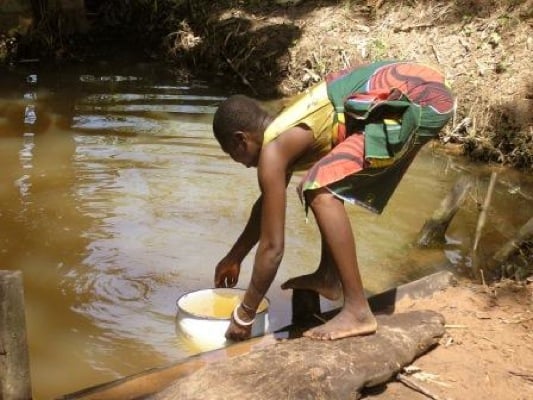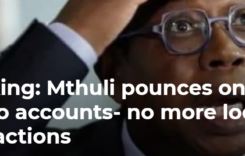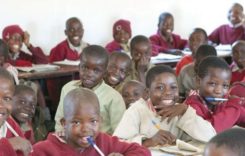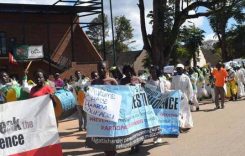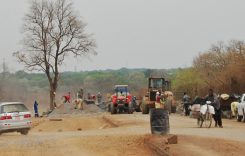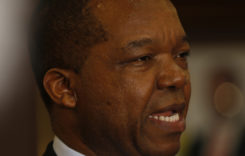Cholera is currently one of the major public health emergencies facing Southern African countries, including Zimbabwe.
A Cholera outbreak which hit Zimbabwe with a handful of cases in February has seen the number of infections shooting to over 2,000 cases as May 29, 2023.
Here is a snapshot of the emergency response efforts by some key health actors in Zimbabwe.
Ministry of Health and Child Care
The Ministry of Health and Child Care (MoHCC) has led the primary response efforts in:
- Activating rapid response teams in each of the affected districts whilst daily stakeholder meetings are being held to coordinate cholera control activities.
- Establishing treatment camps in Cholera hotspots to attend to suspected cases.
- Precautionary distributing emergency health supplies and kits to district health centres.
- Conducting education awareness programmes in the provinces and producing daily situational reports.
Local Authorities
In response to the current outbreak, local authorities are:
- Under pressure to ensure uninterrupted supply of properly chemically treated water is supplied to affected communities.
- Stop all operations by unlicensed shops, unregistered food outlets and illegal vendors from operating in open spaces.
- Sanction all schools, office spaces, shops, restaurants, and food outlets to have clean toilets with running water and sanitizers.
UNICEF
The United Nations Children Emergency Fund (UNICEF) has stepped up efforts to fighting the Cholera outbreaks around Zimbabwe through:
- Wide distribution of millions of water treatment tablets to ensure families in impacted communities have access to safe water.
- Supplying local health departments with oral rehydration salt sachets and zinc, in addition to providing acute watery diarrhoea kits to treat moderate and severe cases.
- Increasing access to ready-to-use therapeutic food, as malnutrition is a leading cause of death from Cholera.
- Conducting community awareness and risk communication campaigns to spread health and hygiene measures.
- Mobilizing essential lifesaving support, including emergency health supplies, medical products and technical support for outbreak control.
WHO Zimbabwe
The World Health Organization (WHO) has actively participated in the emergency relief programme by:
- Donating Cholera kits and medical supplies to the Ministry of Health and Child Care (MoHCC) in Zimbabwe.
- Conducting capacity building initiatives to strengthen response activities through critical training of health care workers, improvement of case management, data analysis, utilization on Cholera guidelines as well as enhancing surveillance on the ground, for early detection and response.
Community Working Group on Health (CWGH
The Community Working Group on Health (CWGH) has been using its national structures to raise awareness on the latest Cholera outbreak – but expects Zimbabwe to unfortunately continue suffering regular outbreaks until it resolves water and sanitation problems in urban and semi-urban settlements and massively improves health delivery services, according to CWGH executive director Itai Rusike.
Sources
Ministry of Health and Child Care
https://www.afro.who.int/countries/zimbabwe/news/zimbabwe-conducts-cholera-simulation-exercise-improve-readiness-and-response
https://www.afro.who.int/countries/zimbabwe/news/who-donates-cholera-supplies-enhance-outbreak-response-zimbabwe
Related
Do you want to use our content? Click Here


